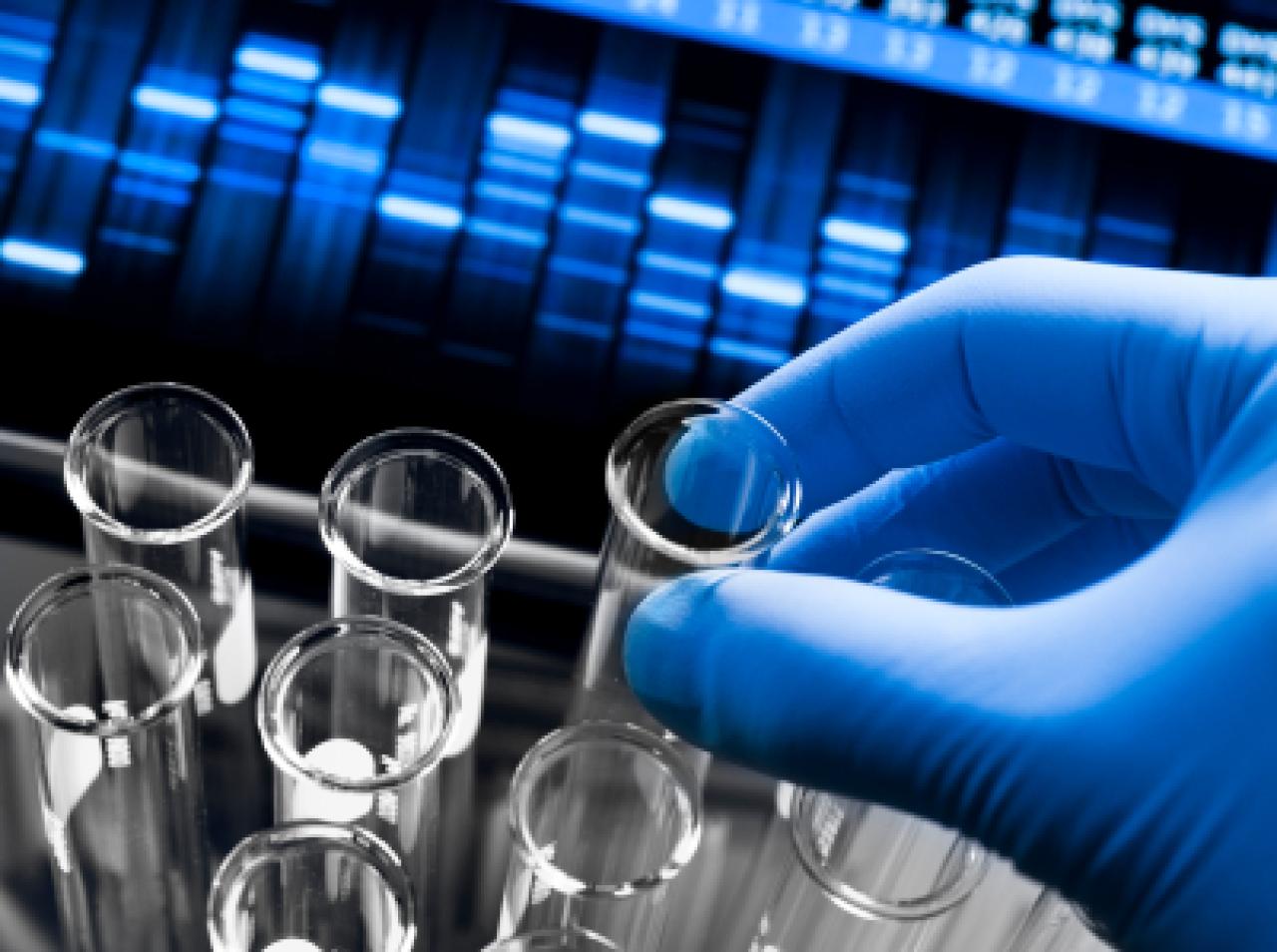
Engineer Adel Chaouch, the director of corporate social responsibility at Marathon, outlined the project at the EMRC Africa Finance & Investment Forum, held recently in Paris.
Forum, held recently in Paris.
In 2002, Marathon Oil acquired an oilfield around Bioko Island in Equatorial Guinea and moved quickly with a large-scale investment now totalling $3.5 billion. It is also the single, largest private sector employer in the country.
Bioko Island is where Equatorial Guinea’s capital, Malabo, is located. It’s volcanic in origin, and covers an area measuring just over 2,000 square kilometres, or roughly almost 780 square miles.
“With such a commitment we really had a very close look at the challenges we have in this country,” Chaouch says, “and despite the list of challenges that people had, we are continuing with the investment.”
The company carried out an assessment and discovered that the largest hurdle to overcome was health – maintaining a labour force that was fit enough to work.
 “The biggest challenge we faced was malaria. The country was endemic with a prevalence rate in excess of 40 per cent - the highest of any country in Africa. So we thought we are going to commit to a project that will eradicate or significantly reduce the burden of malaria on the island.”
“The biggest challenge we faced was malaria. The country was endemic with a prevalence rate in excess of 40 per cent - the highest of any country in Africa. So we thought we are going to commit to a project that will eradicate or significantly reduce the burden of malaria on the island.”
According to estimates from international organisations, prior to the Bioko Island Malaria Control Project (BIMCP), malaria accounted for not only a high percentage of all illnesses on the island, but approximately 40 per cent of all deaths among children under the age of five.
An unorthodox fight against malaria
In 2002, Marathon brought in a team of scientists to look at the island, as well as at previous cases and other projects. The scientists then designed a programme that could be extremely efficient in an island-setting with the intent of eliminating or significantly reducing the impact of the disease.
They introduced indoor spraying, which at the time had not been used for decades. They spray the inside of people’s walls because after a mosquito bites someone, it is too heavy to fly away, and so settles on a nearby, vertical surface.
“So what we do is have these homes sprayed and basically when a mosquito bites someone and after it does a vertical landing, we break the cycle - it kills the mosquito,” Chaouch explains.
In addition, bed nets for children are used in virtually every home.
While this was found to be sufficient to tackle malaria on Bioko Island, Marathon also provided combination drug therapy.
 The drugs are provided free to children under 10 and women who are pregnant, because of their suppressed immune system, to make sure they are able to recover from bouts of malaria.
The drugs are provided free to children under 10 and women who are pregnant, because of their suppressed immune system, to make sure they are able to recover from bouts of malaria.
“Since this programme is fairly invasive - we are entering homes twice a year to spray the walls - so there is a fairly extensive component on education, information and communication so that people understand the benefits of this programme.”
According to research undertaken by Marathon, mosquitoes carrying the protozoan parasites were virtually eliminated within five years.
The research also indicates that the reservoir of the parasite in the blood per population for children under the age of fifteen has dropped by almost fifty per cent.
Economic impact
Marathon says it has also seen a significant drop in the number of malaria cases being treated in the public health sector.
“We have conducted an economic welfare analysis to see how this project is benefiting the communities on the island,” Chaouch says, “and we found out that for every dollar invested through this project, the economic return is around four dollars.”
He says that is evaluated in terms of avoided absenteeism, improved productivity, costs spent on treatment, follow-ups and so on.
“So there is a significant link between social investment from the private sector to an economic return to the entire population.”
Successful leverage
Marathon Oil initially invested $16 million in the Bioko Island project. In 2006, the project was then expanded to the mainland, with Marathon providing a grant of a million dollars and the Global Fund for Aids, TB and malaria donating $26 million.
The battle against malaria is now in phase two and has been extended to 2013. It has attracted additional funding from partners totalling $28 million. In all, $71 million has now been committed over a period of 10 years to bring an end to malaria in Equatorial Guinea.
Marathon also points out that other potential entrepreneurs can leverage the knowledge from this investment.
Marathon is one of the 220 members of the Global Business Coalition, which seeks to strengthen the work by businesses to defeat malaria, HIV/AIDS and tuberculosis around the world.
Chaouch explains: “So when companies are interested in doing business in Africa they are not detracted by the burden of malaria - they have a road map how to address malaria in Africa. They are able to wisely invest in Africa, while addressing these issues.”



No comments yet.